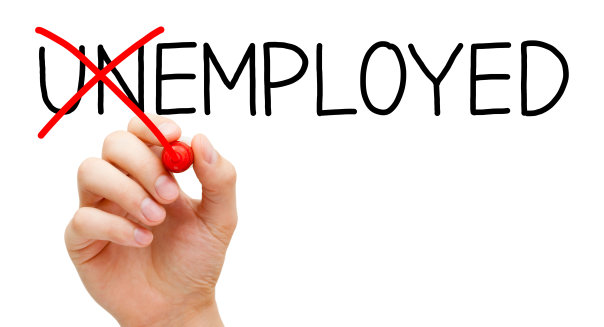

Falling Behind On Your Student Loan Debt Can Get You Fired

Like most students, Robert Bowman paid for his degrees through student loans. It took time, but eventually he was ready to be a lawyer. Until, that is, five state judges decided that all of his efforts weren’t good enough, according to the New York Times. In layman’s terms, Bowman had fallen too far behind on his student debt and therefore didn’t deserve to be a lawyer. This story is unique to neither New York nor law, and it isn’t even all that unusual.
New research from Jobs With Justice has uncovered laws in at least 22 states that punish borrowers who fall too far behind by revoking their professional license; that’s particularly grave given that some 30 percent of workers require professional licensure to do their job. It’s a novel approach to helping people get out of debt by taking away their ability to earn a living.
“These state laws target a wide range of professions, including attorneys, physicians and therapists — even barbers make the list. But two professions show up over and over again: nurses and teachers,” Jobs With Justice wrote. “In Alaska, California, Florida, Georgia, Hawaii, Illinois, Iowa, Kentucky, Louisiana, Massachusetts, Minnesota, Mississippi, Montana, New Jersey, North Dakota, Oklahoma, Tennessee, Texas, Virginia and Washington, nurses and health-care professionals can all be locked out from their job if they fall into default on their student loans. In Georgia, Hawaii, Iowa, Louisiana, Massachusetts, Montana, New Jersey, North Dakota, Oklahoma and Tennessee, laws prevent K–12 teachers from working until they begin to repay their student loans.”
Drivers Affected, Too
Debtor’s laws that suspend driver licenses for defaulted borrowers exist in three states: Montana, Iowa and Oklahoma. In addition to the personal inconvenience, the professional and financial problems caused by a lost drivers licenses are well documented. Many people simply drive anyway, choosing to accept the risk of a ticket over losing their job. The result has become a revolving-door system of court costs, warrants and arrests for people caught between the pot and the flame.
Default has become a major part of America’s catastrophic experiment with student debt. According to Forbes 13.7 percent of borrowers defaulted in 2014, and far more struggled to make payments. Nearly 70 percent of all students will borrow, and they owe an average of $33,000 by graduation. This doesn’t account for the astronomical numbers forced upon students who pursue increasingly important graduate and professional degrees.
These professional license suspension laws aren’t targeted at a reckless few. A Tennessee review of the issue lists over 2,600 suspension notices sent out in response to more than $20 million in defaulted debt statewide. In an economy of low wages and challenging employment for young people, keeping up with student loans is a major issue. Laws like this hold borrowers’ heads underwater, taking away job opportunities from those most in need of help repaying their loans.
Why Do These Laws Exist?
Chris Hicks, the “Debt Free Future” campaign organizer for Jobs With Justice, offers two reasons for a law like this. “The first is that a handful of states passed these laws in the early ’90s, when you could declare bankruptcy on a student loan and come out from under that.” States may have passed these laws in order to disincentivize that outcome. “The second reason, which I’m more in line with, is that this isn’t supposed to incentivize paying off your student loans. This is more of a punitive law. This is a ‘how dare you not pay off your student loans, how dare you prioritize groceries instead of paying off your student loans.'”
The two most common professions facing this problem are teachers and nurses. “They both require advanced degrees,” Hicks said. “While both of those professions are not high paying they require [a high] amount of student debt in order to do the job, which is a crazy idea.”
According to Hicks, a Tennessee hospital even once found itself understaffed when more than 40 nurses got sent home in one day after losing their licenses to practice.
A Double Whammy
Student loan consultant Jan Miller says that he hears from plenty of graduates facing just this situation, both the ones worried about losing their license and the ones who have. “It puts them in a really bad spot,” he said, “because they’ve already lost their license so it’s kind of a double whammy. Not only do they lose their license for their job but they don’t have enough money to make their loans current.”
Recovering a lost license can be more challenging than bringing a loan current, as governments or licensing boards often require more than rehabilitation. Borrowers may often have to show a series of good faith payments before recovering their license. For professions such as law or finance, where fiduciary duty is an important concern and regulators worry about abuse of a client’s money, the journey can be even more difficult.
“You need to take this seriously, because the double-edged sword of a student loan is you have more options than any other payment in the world,” Miller said. “But the flip side is they can put the hammer down without taking you to court. The consequences for defaulting on your student loan are so dramatic.”



